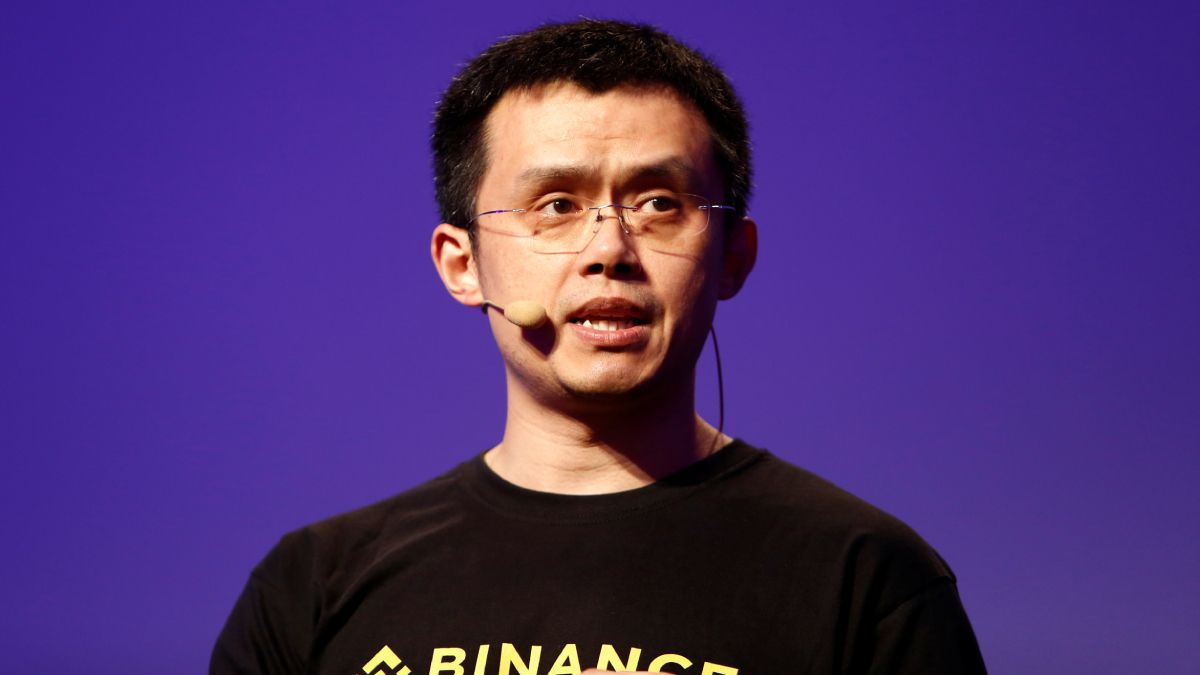Inclusion Into Startup Initiatives, Risk Mitigating Policies: BWA Lists Web3 Needs for Upcoming Government
India, the largest democracy in the world, is currently undergoing its general election process to choose its leaders for the next four years. Before the chosen leaders take the reins of India’s growth within their commands, the Bharat Web3 Association (BWA) has listed some immediate steps that the upcoming government could consider in order to grow the blockchain-based sector. Formed in 2021, the BWA is touted as India’s largest industry body representing the Web3 firms working around cryptocurrencies, metaverse, blockchain, and NFTs.
Among top suggestions listed by the BWA, it has urged India’s upcoming government to include the up-and-coming Web3 firms under the country’s startup initiatives. Tax benefits, capital gains tax exemptions, access to government funding, and monetary aid through the Startup India Seed Fund Scheme are among provisions that India offers to promising firms that are trying to establish their shops within the country.
The BWA believes that startup initiatives endorsed by Department for Promotion of Industry and Internal Trade (DPIIT), Ministry of Electronics and Information Technology (MeitY), and the office of the Principal Scientific Advisor (PSA) could greatly benefit the Web3 sector, that is still trying to find solid grounds in India.
“The Web3 sector presents a trillion-dollar opportunity for India, that is home to over 1,000 Web3 startups, accounting for 12 percent of the world’s Web3 developers in 2023 from three percent in 2018. To build on this immense potential, the government should come out with focused skill development programs and sandboxes to enhance skills in blockchain/Web3,” the BWA has said.
All Web3 firms in India fall under the Prevention of Money Laundering Act, 2002 (PMLA) — under which they are mandated to maintain a record of all entities and individuals that are using their platforms. Making new users complete their KYCs is an essential criterion for Web3 service providers for onboarding more accounts onto their respective platforms. Moving forward, the BWA has noted that it is imperative for firms to function under a risk-mitigating policy framework.
The BWA has advocated for Web3 firms to get access to E-KYC and C-KYC–related provisions in India. While Electronic KYC (E-KYC) is a digital version of the KYC process completely non-reliant on physical paperwork, the Central Know Your Customer (C-KYC) is a centralised database of customer information maintained by the Indian government.
“India’s immense Web3 talent is undeniable. The BWA has been working closely with the government to create a conducive environment for the sector, and we hope the next government looks at our request and includes our asks in their immediate action plan to foster the growth of the ecosystem and establish India as the global hub for Web3,” Dilip Chenoy, Chairperson, BWA said in his official statement.
Providing escrow accounts and banking services for owners of Web3 businesses, allowing offsetting of losses, as well as a reduction of the one percent TDS on the transfer of digital assets to 0.01 percent – are other suggestions that the BWA has jotted down for the next elected government to take into consideration.
Earlier in April, the BWA had laid down a bunch of self-regulatory guidelines to streamline the process of token listings for crypto exchanges operating in India. The aim of these rules is to ensure that scam tokens and potentially risky cryptocurrencies do not enter the Indian Web3 ecosystem posing financial risks to the investor and trader communities here.
Check out our Latest News and Follow us at Facebook
Original Source







